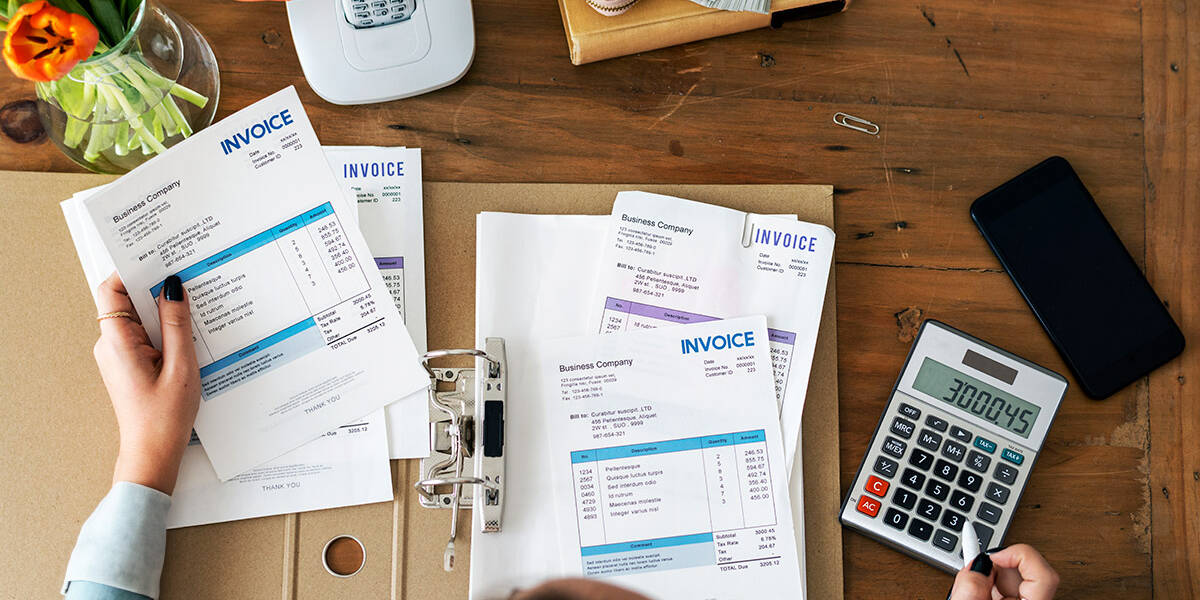

If you are currently considering conducting an audit of your Hong Kong business, you no longer have to worry because we have provided you with a list of rules and guidelines. This detailed guide provides you with information on Hong Kong auditing standards, and the auditing procedure.
All firms incorporated in Hong Kong are required by the Hong Kong Companies Ordinance to obtain their yearly financial data audited by an active Hong Kong Institute of Certified Public Accountants (CPA). Yet, being a business person, the auditing standards might be strange to you, and preparing your organization for auditing may become quite complex. This mild complexity is why we crafted this ultimate guide for Hong Kong companies.
This guide will go through Hong Kong auditing and quality control, conducting audits preparing tax returns, and more. Let’s just get started already!
Detailed Analysis of Auditing in Hong Kong
The Hong Kong policy requires annual financial report audits for all incorporated businesses.
To meet the criteria of the Hong Kong Companies Ordinance and the taxation duties of the Inland Revenue Ordinance, alternative parties undertake regulatory audit reports, which are an assessment of a firm’s fiscal statements.
Balance sheets, income statement, statement of changes in equity and cashflow statement are all components of audited financial statements.
To confirm that the financial disclosures are indeed a precise and unbiased depiction of the operations they purport to reflect, a third-party auditor conducts the audit.
Auditing must be done in Hong Kong by the Hong Kong Certified Public Accountant (CPA). Your financial information will be audited by the CPA and submitted to the Inland Revenue Department (IRD).
The Hong Kong Institute of Certified Public Accountants (HKICPA), a legal entity corporation founded by the Professional Accountants Constitution in Hong Kong, is where CPAs apply for their licenses. Registration of accountants, the issuance of practicing licenses, the regulation of membership behavior, and quality ethics are among its main duties.
Standard Of Auditing In Hong Kong: Hong Kong Auditing And Quality Control
The Hong Kong Standards on Auditing are issued by the Hong Kong Institute of Certified Public Accountants (CPA).
The Institute Council’s aims and the proper procedure concerning the Hong Kong Standards for Quality Control, Auditing, Assurance, and Related Services are outlined in the Preface to that same publication.
The HKICPA partners are required to adhere to these auditing and accounting standards.
Moreover, accounting and bookkeeping can be done internally with a financial consultant or accountant’s assistance. Moreover, corporate documents are a necessity for auditors to successfully conduct auditing.
What Is The Operation Mode Of Auditing In Hong Kong? The procedure of Auditing and Submitting Taxes
An audit’s preparation and execution are difficult. Both the company incorporated in Hong Kong, and the private auditor must invest a lot of work and attention into the lengthy procedure. Below is a quick rundown of Hong Kong’s auditing procedure.
- The organization generates income reports and other paperwork (such as contract terms, financial records, expense vouchers, and transaction bills) for the CPA to review.
- The CPA initially comprehends the business’s operations and discovers anything that might have an impact on the audit.
- The CPA then checks the income reports and related paperwork for validity and seeks out and assesses any mistakes that might have a major impact on the accounts.
- The auditing firm provides an auditor’s appraisal to determine the reliability and proper presentation of the corporation’s annual account report..
- The business manager signs the audited accounts and all accompanying documentation.
- The auditing firm gets the audit reports certified, makes the tax computation forms, and submits the IRD with the necessary paperwork.
The IRD may need a few weeks or months to study the audit findings and financial information before sending the organization the taxation routine in the event of earnings.
Conducting Audits And Preparing Tax Returns
In terms of preparing for audits and tax returns preparation, you must establish details of your business activities along with these required items ready for your auditors. You’ll discover that some of these are specialized financial records, while others pertain to revealing information about how your organization is run.
- The General Ledger
- The Balance Sheet
- Financial statements
- Invoices for services rendered.
- Receipts for sales, purchases, and expenses
- SFC Permit or Real Estate Agent Permit copy (if applicable)
- Copies of the following items: Business Registration, Certificate of Incorporation, Membership Agreement, and Annual financial reports.
- Lease contracts, employment contracts, and contractor agreement terms, among others
It is also advised to maintain supplementary copies of paperwork that keep details of all business transactions and operations.
For recently registered businesses, the Inland Revenue Department (IRD) generates an initial Profits Tax Return 18 months following date of incorporation. You have 4 weeks from the release date after obtaining the Profits Tax Return to submit it alongside vital documents. A 2-week renewal can also be granted for submission provided it is done online. For submitting tax returns beyond the deadline, taxpayers risk fines and perhaps legal action.
Hong Kong Auditors: How Can We Be Of Assistance?
Choosing the proper auditor for your company is stressful. We at Premia TNC will link you with a superb auditor that can offer a thorough auditing solution tailored to meet your company’s needs. We’ll help you to eliminate your paperwork, so you can focus on expanding your business.
Q1. What is the Hong Kong Auditing Standard?
As stipulated by the Hong Kong Standard on Auditing (HKSA), the auditor's report must comprehend the business entity and its settings, along with the basic controls of the business, to recognize and analyze the dangers of significant errors in the financial reporting standards in Hong Kong.
Q2. Why is the Hong Kong Auditing Standard important?
The Hong Kong auditing standard is important because it aids auditors in improving productivity, record keeping, customer feedback, and effective review.
Q3. Who is required to comply with the Hong Kong Auditing Standard?
The law mandates annual Hong Kong financial reporting audits for all incorporated businesses.
Q4. How is compliance with the Hong Kong Auditing Standard monitored and enforced?
Accounting and Financial Reporting Council is the regulator of auditors in Hong Kong.



premiatnc
View All BlogsRelated Posts
April 15, 2024
Trademark Registration In Hong Kong: What You Should Know
Trademark registration in Hong Kong…
April 15, 2024
Importance of Hong Kong Company Financial Statements: How to Prepare It Well
In the realm of business, Hong Kong…
March 29, 2024
Everything You Need to Know About Hong Kong Invoice Requirements
Compliance ensures smooth financial…




